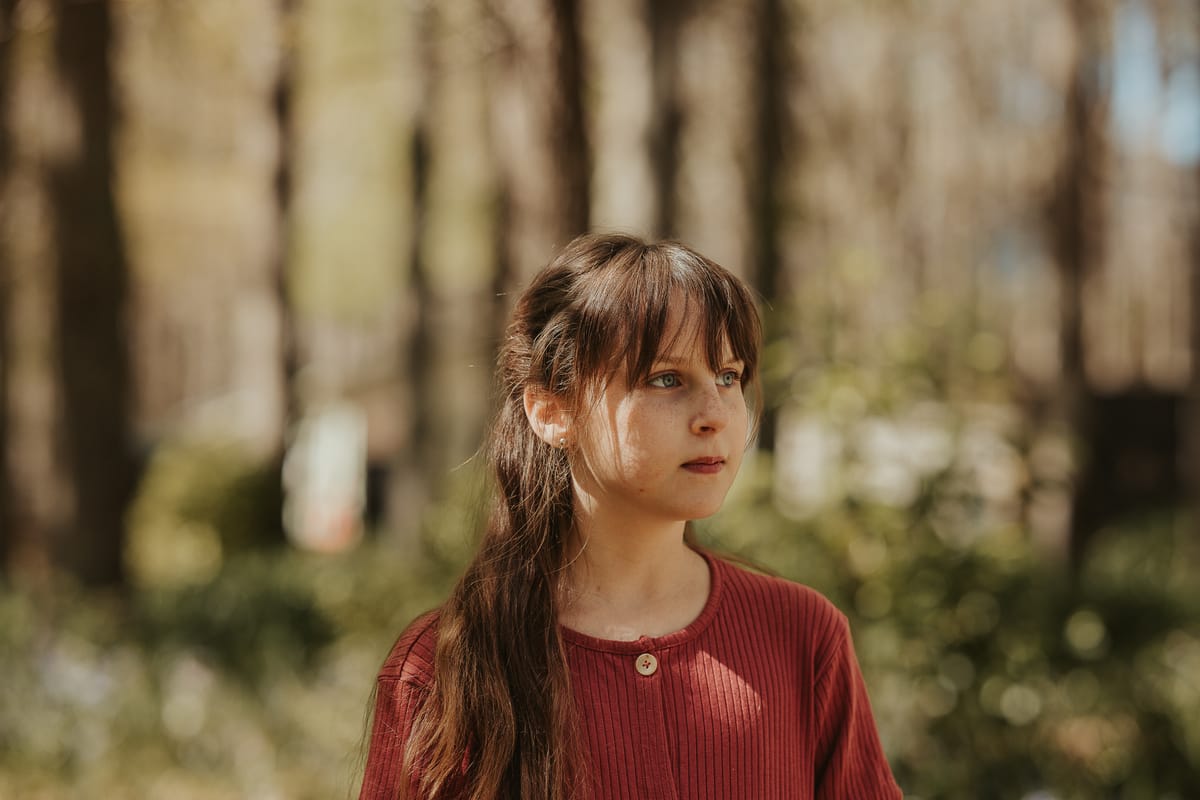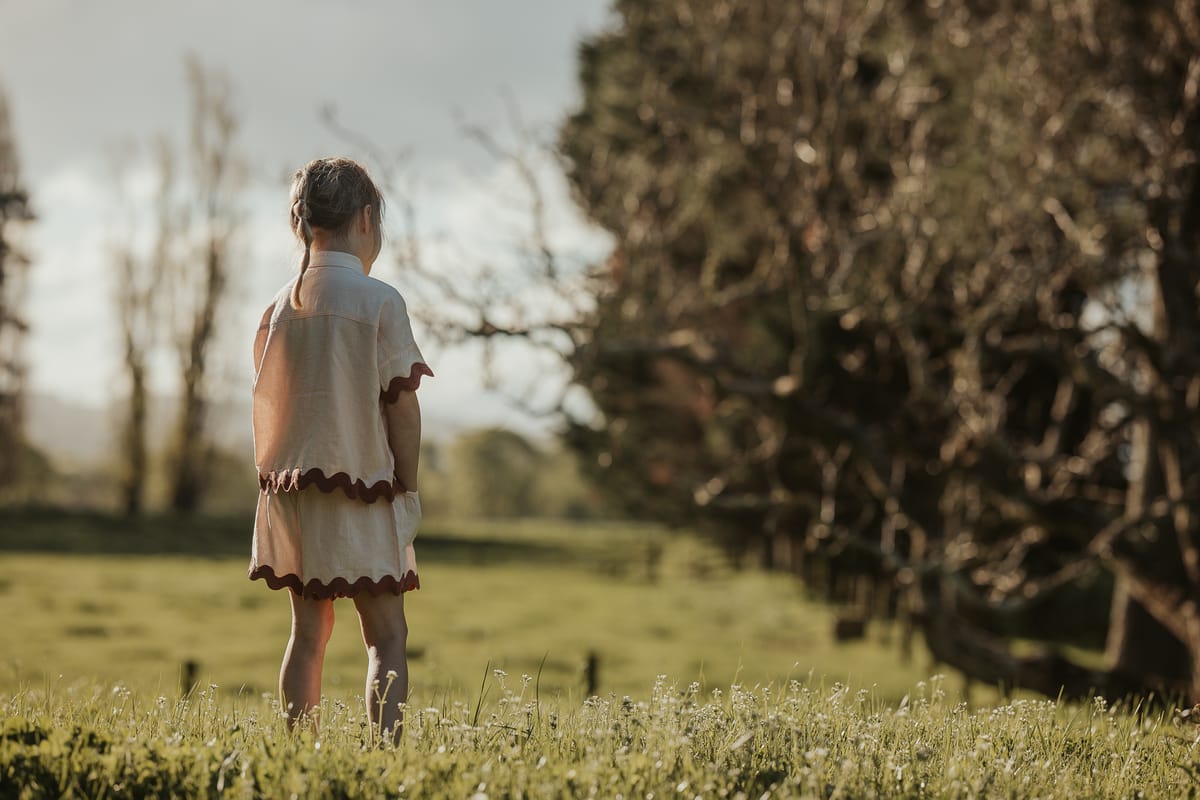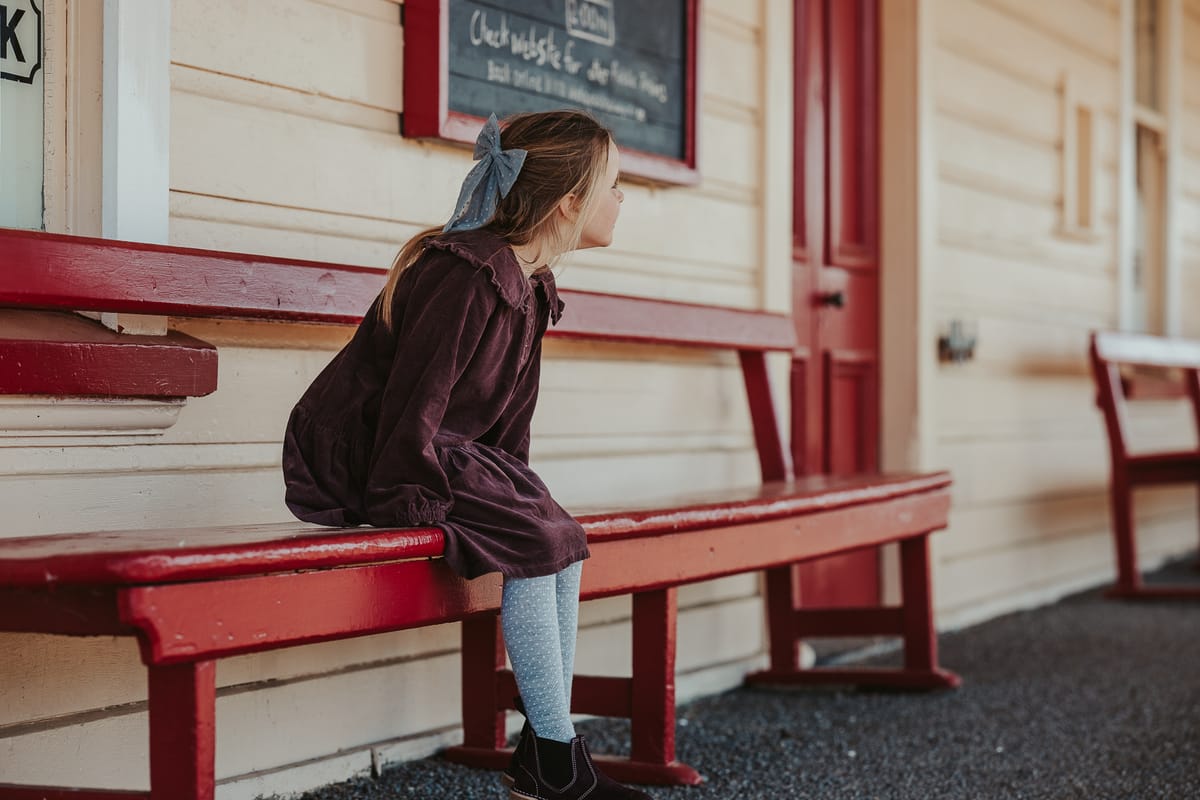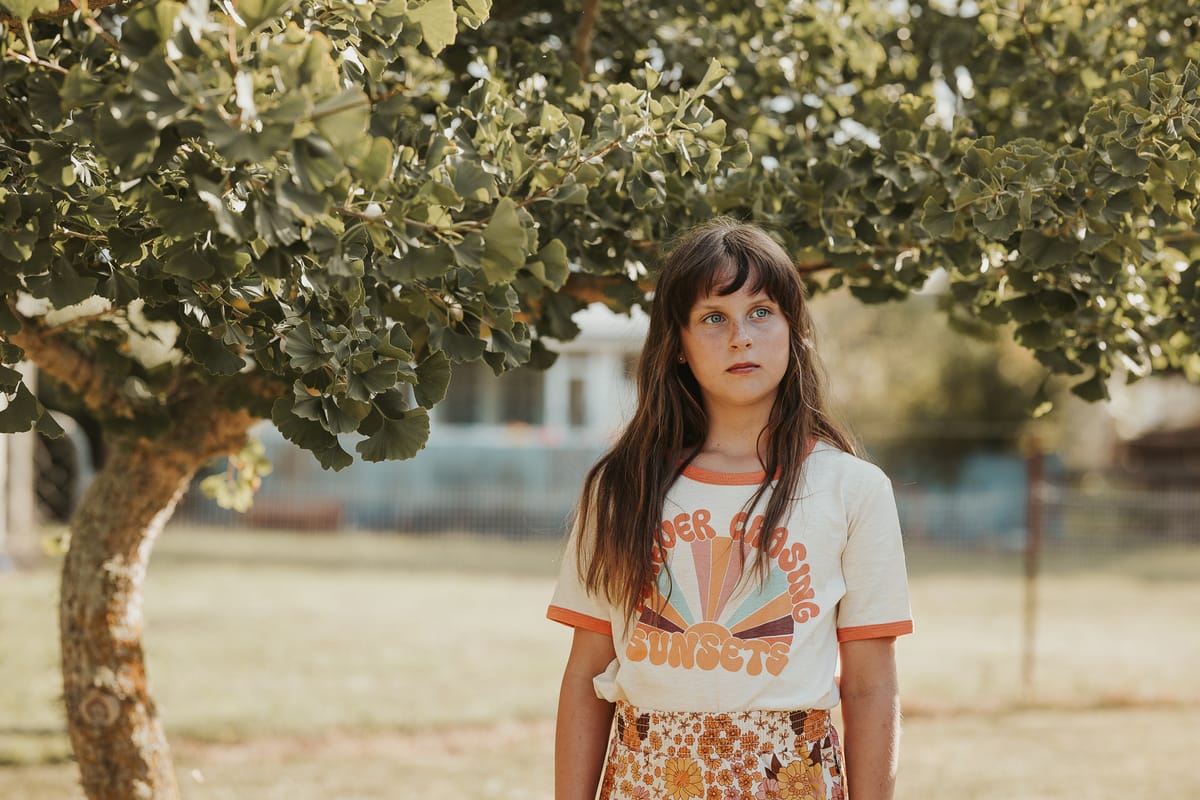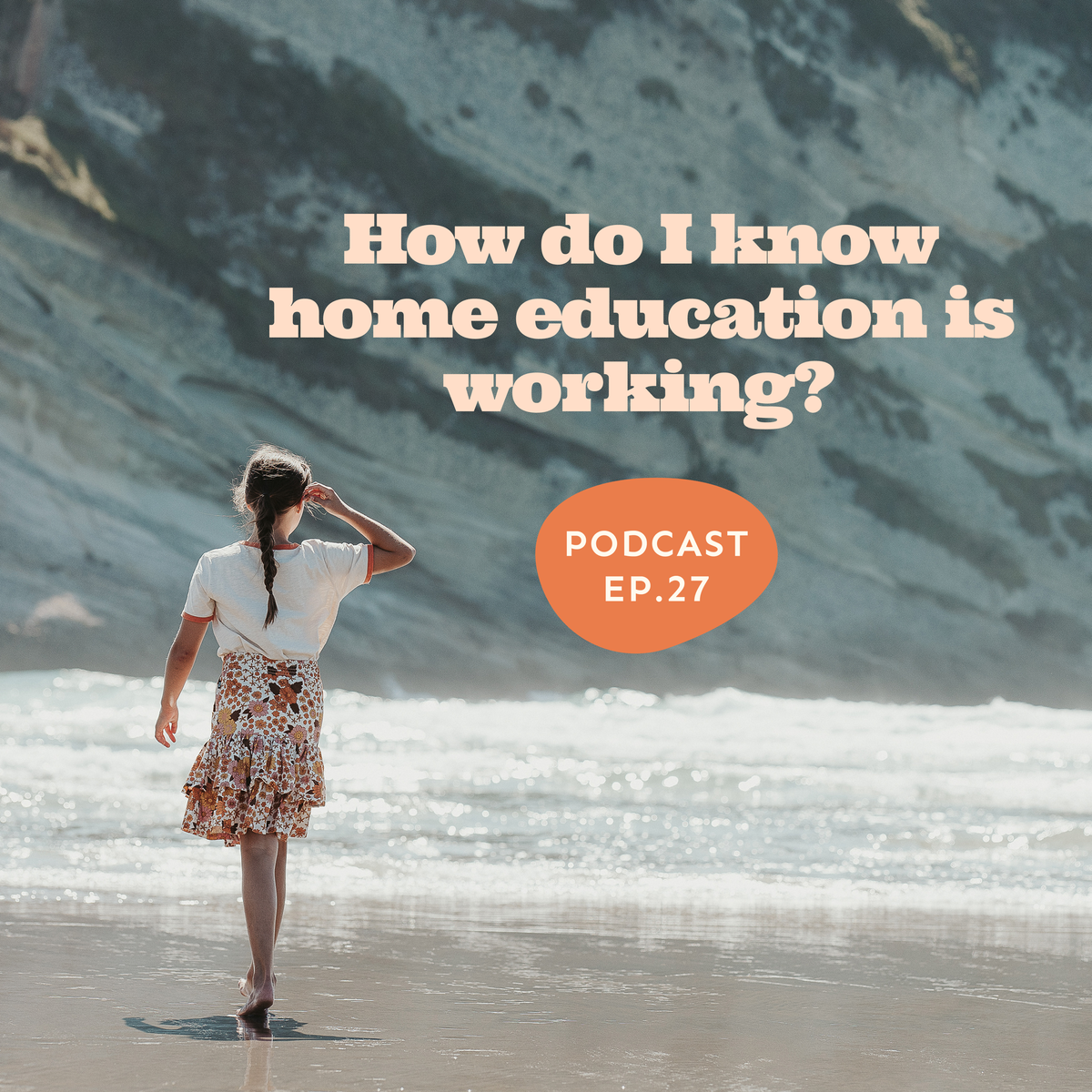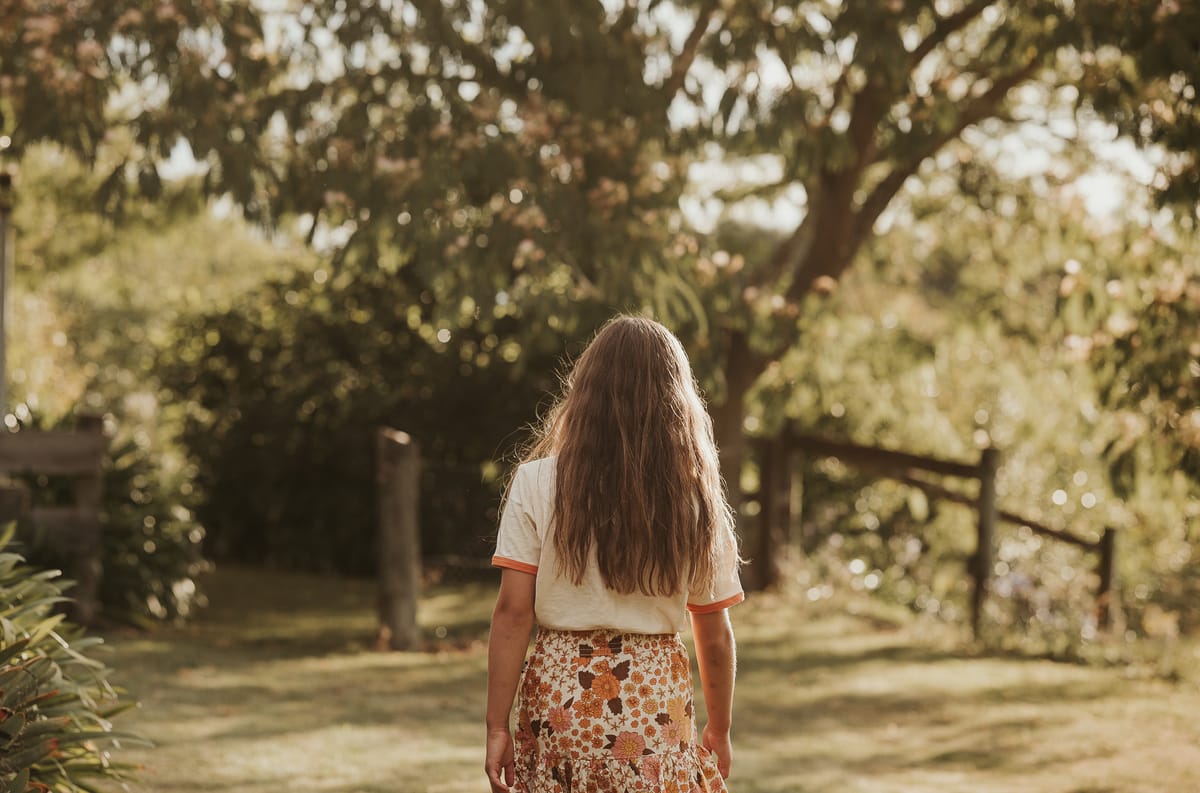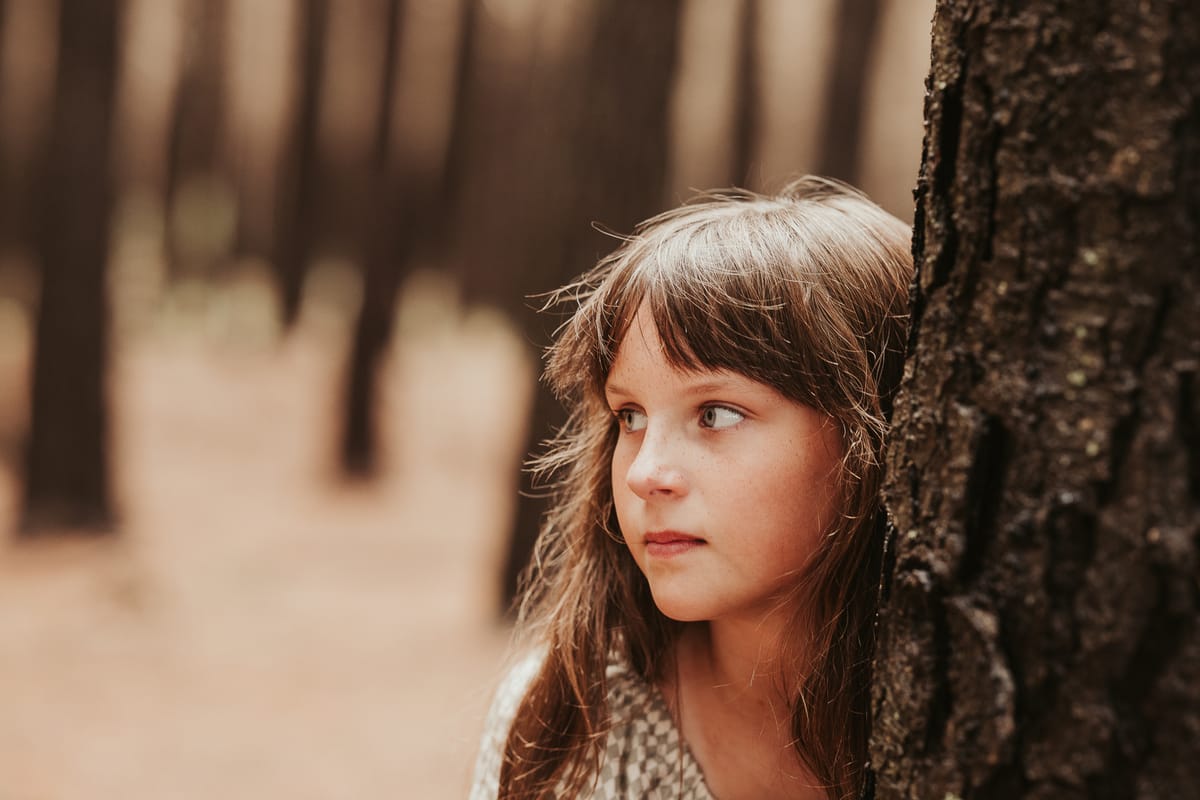The social development your home educated child DOES need
We're all told that social development is critical. The problem is that what we've been told matters most actually doesn't - at least, not according to decades of research. This episode untangles the 'socialisation' mess, showing you exactly how to support genuine social development in your child.













